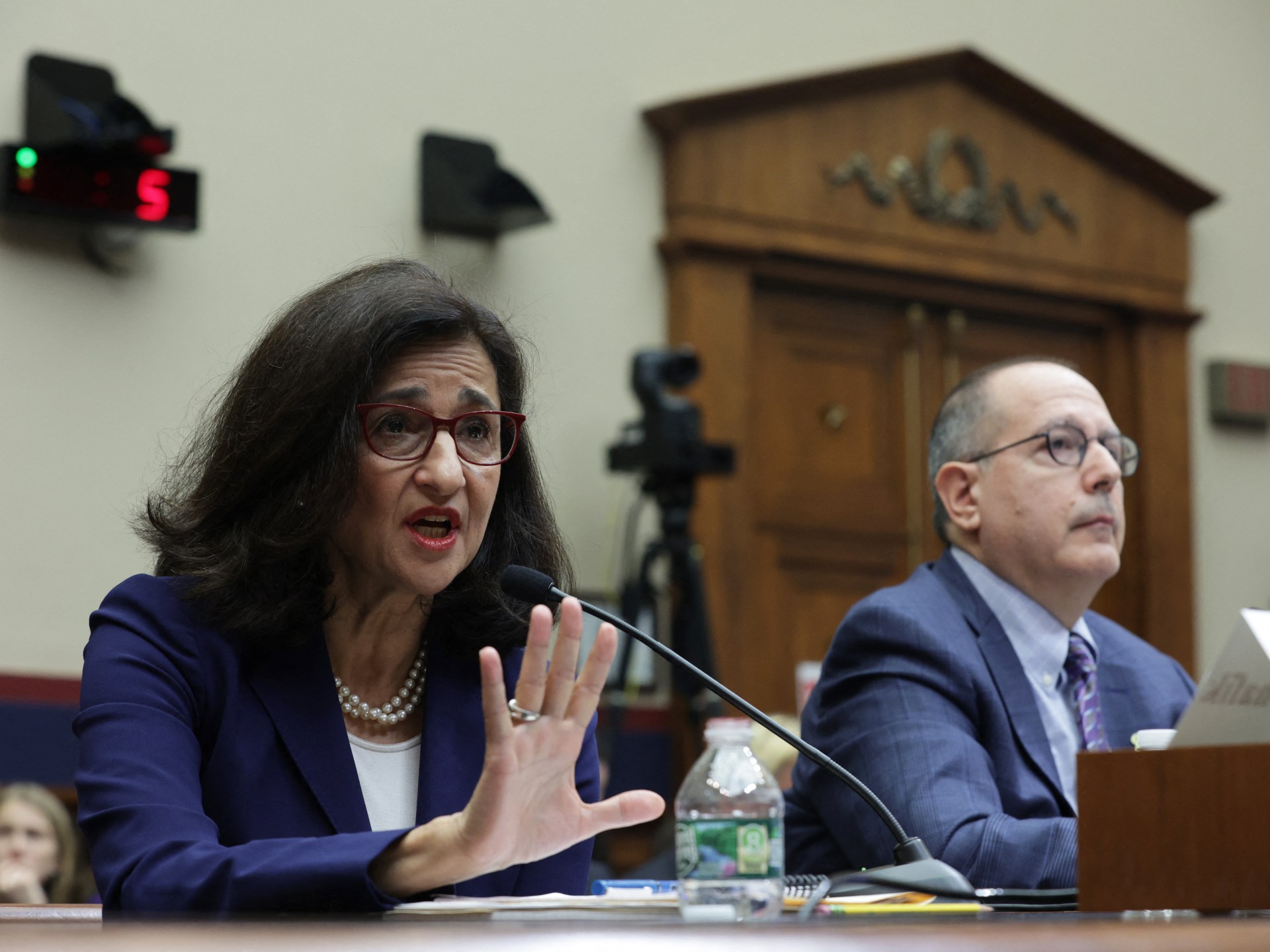
Columbia University's President Nemat Minouche Shafik faced renewed pressure as the university senate rebuked her administration for clamping down on a pro-Palestinian protest at its New York campus. Over 100 people were arrested last week for participating in the protests, leading to similar demonstrations at several other universities across the United States.
The university senate approved a resolution stating that Shafik's administration had undermined academic freedom and disregarded the privacy and due process rights of students and faculty by calling in the police to shut down the peaceful protest. The resolution also urged Columbia University to uphold shared governance and transparency in its decision-making process.
Negotiations between student protest leaders and administrators had reached an impasse, with students given until 2 p.m. on Monday to leave the encampment or face suspension. Students who did not leave by the deadline may still face disciplinary action for their involvement in the protests.
Columbia University officials stated that negotiations were at an impasse and that they intended to prepare the lawn for graduation ceremonies on May 15. The university urged students to clear out voluntarily, but it was not immediately clear how Columbia would enforce the clearing of the encampment if students refused to leave.
Mahmoud Khalil, a graduate student and lead negotiator on behalf of Columbia University Apartheid Divest, called the deadline an 'intimidation tactic' from the university. He stated that negotiations were ongoing and that students would be holding a meeting at noon to discuss next steps.
The pro-Palestinian protests began in response to Israel's war on Gaza, which has resulted in thousands of deaths and displacement of civilians. The protests have sparked similar demonstrations at universities across the country, with students demanding that their institutions divest from companies connected to Israel.




